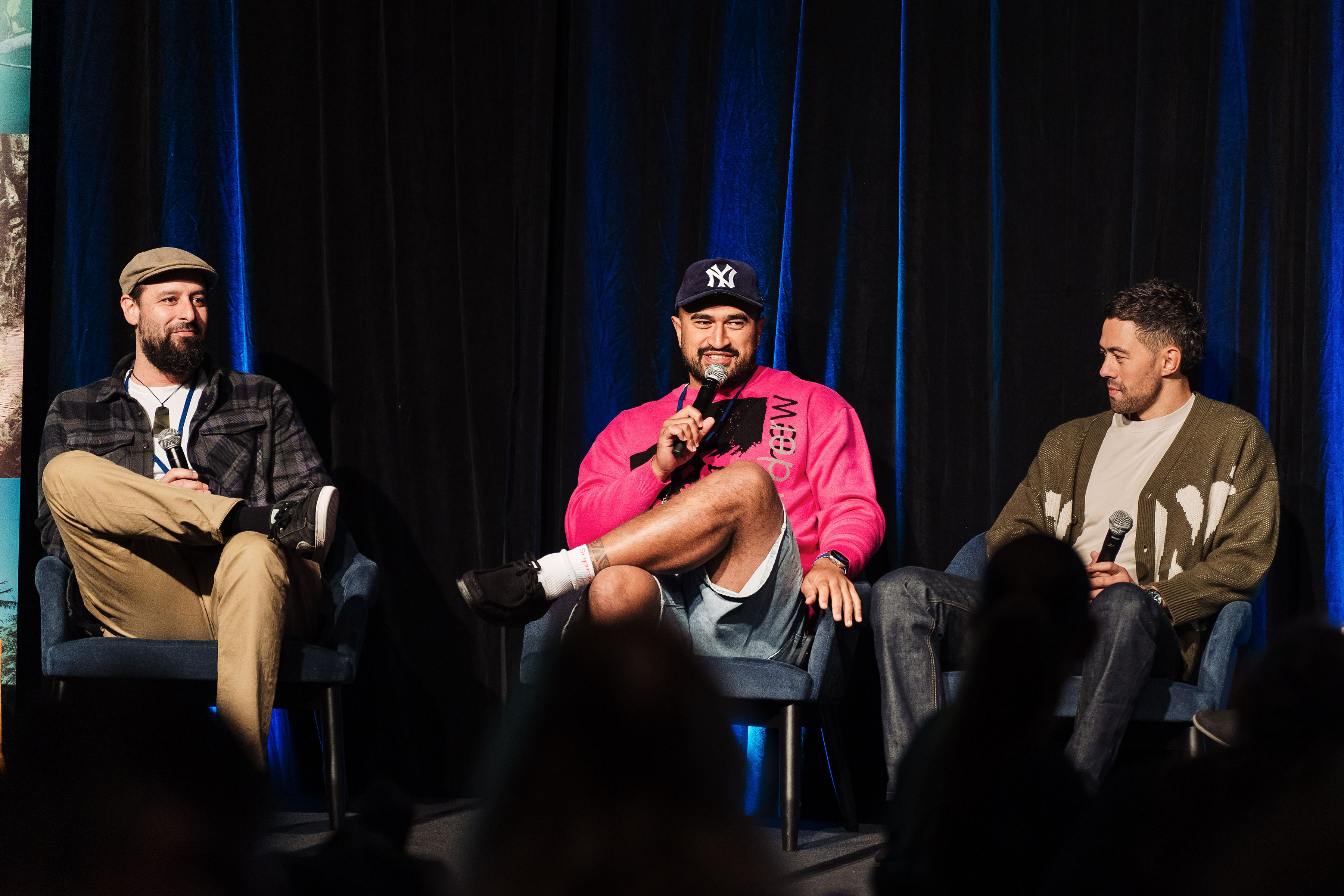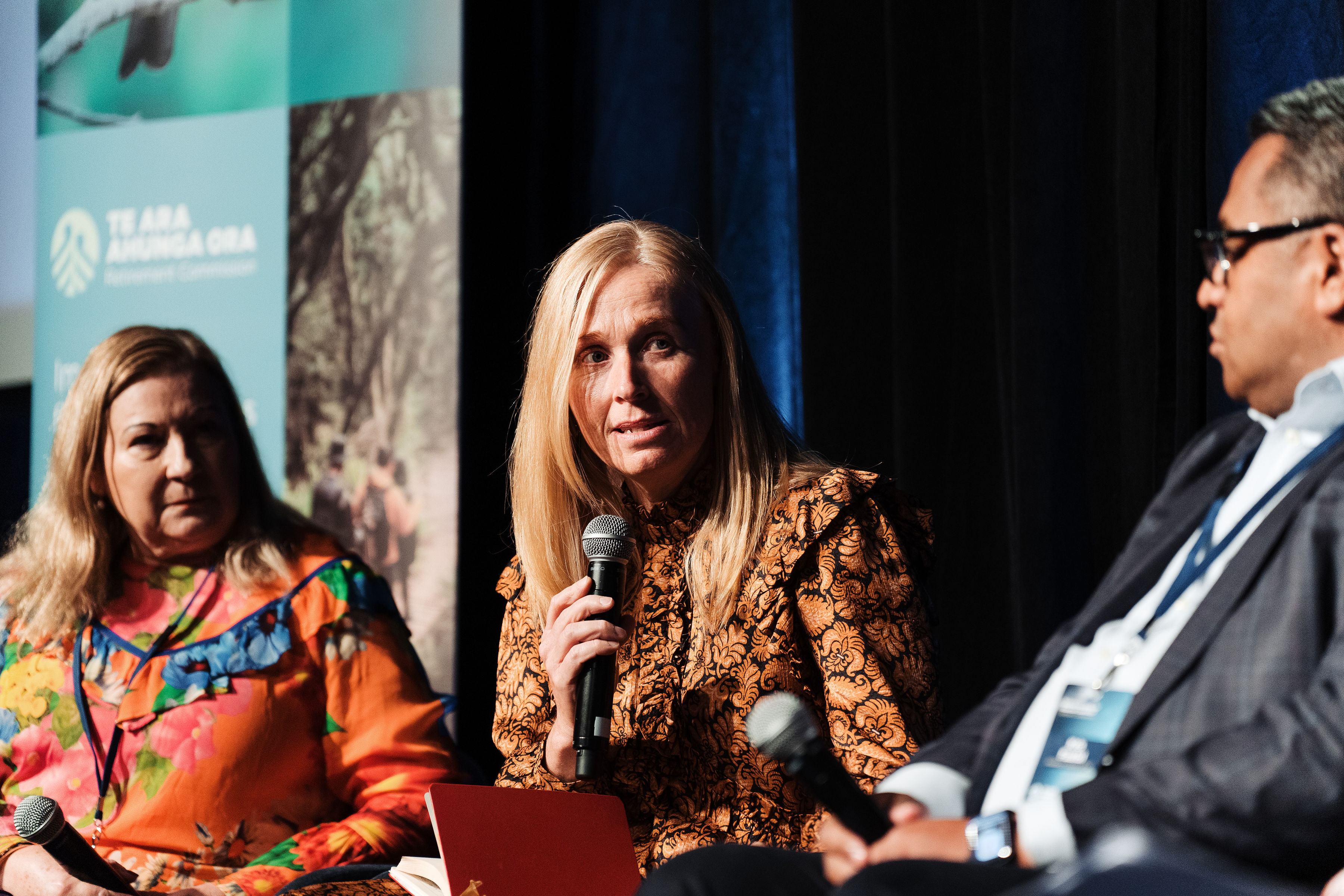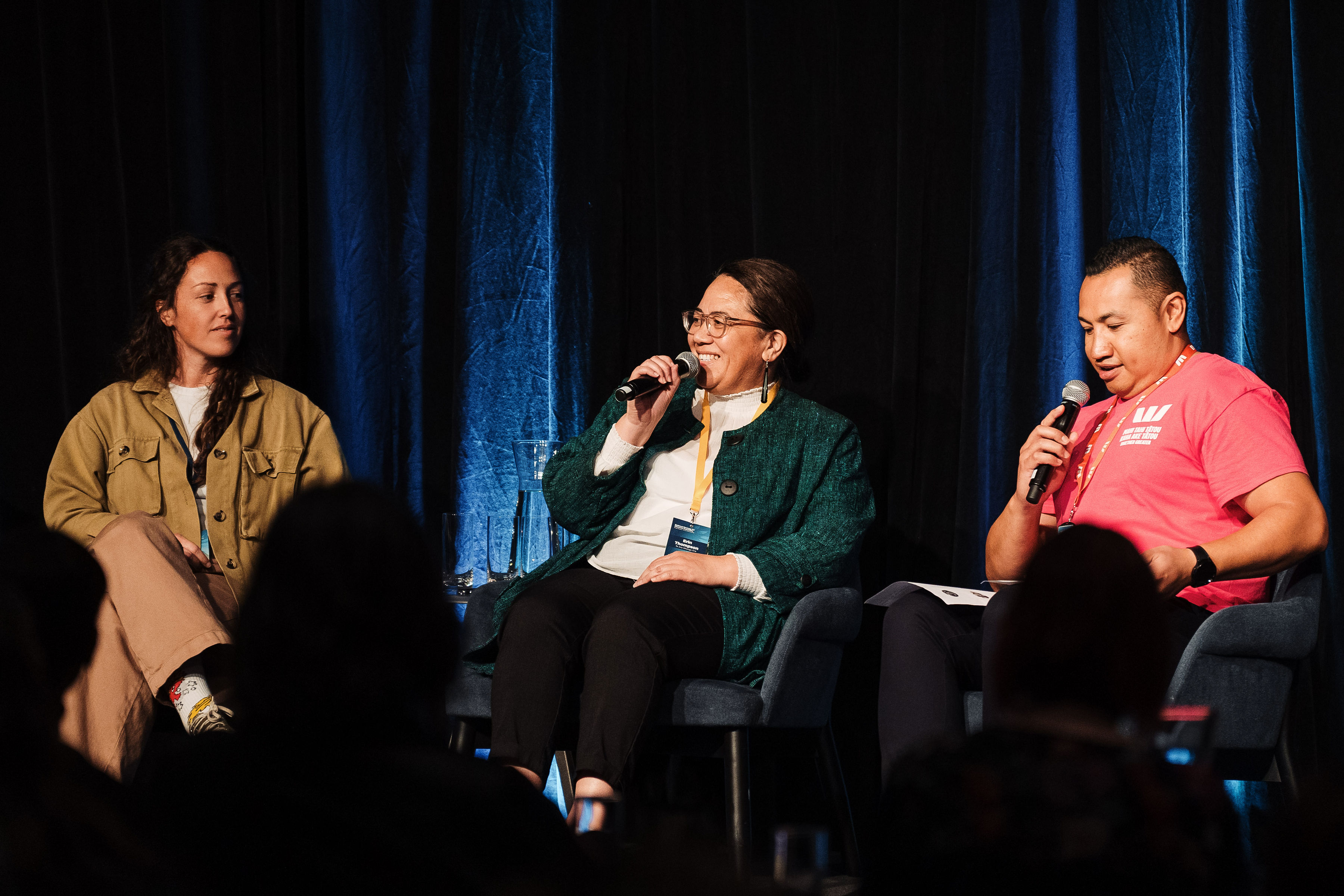Understanding complex policy issues often requires taking a broad perspective, as if viewing the world through a wide-angle lens.
In public policy this requires looking across the work of different government agencies, companies, community groups and others to see how they collectively impact on all New Zealanders.
It also means looking across time. This involves not only understanding big picture demographic and fiscal numbers, but also how people journey over their life-course and what one generation passes onto to another.
And it requires understanding the current economic cycle. This is particularly the case now, as cost of living issues and the labour market outlook mean that many Kiwi families are concerned about their prospects for the next few years.
Indeed, at Te Ara Ahunga Ora Retirement Commission we have seen an increase in the use of the tools on our Sorted website on issues like applying for a KiwiSaver hardship withdrawal.
In such an environment financial capability is critical. It can help families make the most of every dollar. And that is important for financial resilience or, putting it another way, reducing the anxiety and stress caused by money troubles.
Where financial capability approaches are working – and where they need to change – was the subject of a conference held in May by Te Ara Ahunga Ora.
This highlighted that the process of building financial capability needs to start early in life. It belongs in the school curriculum. And programmes like the Sorted in Schools programme, run by Te Ara Ahunga Ora, which provides support to teachers, and Banqer, which works directly with students, play a key role.
But school is only part of the picture. Hearing financial conversations and ideas in the home can be a big help by normalising conversations about money. Yet in busy families it’s not always easy for parents to make the space for conversations like these, and parents may not feel equipped to discuss money issues with their kids.
The way that information is consumed is also changing. For younger people social media is becoming a key source of financial advice. They are more likely to find inspiration scrolling on TikTok than by reading a company prospectus.
This is why Te Ara Ahunga Ora teamed up with New Zealand’s biggest podcast, The Morning Shift, to talk about issues like budgeting, home ownership and investing.
Technological change is also impacting on the ways advice is created with large language models like Chat GPT being poised to be financial advisors of the future.
Unfortunately, these technologies can be used for bad as well as good, as shown by the increasing incidence and sophistication of financial scams.
One answer to these emerging risks is improved data sharing among banks. Improved use of data has other benefits too. It can help banks be more proactive. Rather than waiting until customers are in financial difficulty, it is possible to intervene earlier and engage with them in constructive dialogue to help them manage.
Financial mentors play a big role too. They help families avoid getting into financial trouble or can find a way out when problems have begun. Yet this sector is under pressure, with funding challenges occurring just as the demands on their services are increasing.
A key challenge is to measure progress and success. To help with this the Te Ara Ahunga Ora has defined 10 good financial capability outcomes, along with guidance on how to measure changes to these outcomes.
And it is important to learn from good news stories too. In Cannons Creek in Porirua an old TAB has been turned into the Le Fale community hub – a place where people can get support to find work in their community.
Te Ara Ahunga Ora, Tāwhia – a Māori bankers’ group, and the New Zealand Banking Association worked together to establish Te Rito Hou, which aims to help ensure Māori have improved access to financial knowledge and to also help banks work better with Māori.
Looking further ahead open banking could potentially further revolutionise the sector by lowering switching costs and making financial transactions more seamless and user-friendly.
And KiwiSaver continues to grow in importance in our retirement income system. Indeed, the scheme is now well into its teens, and so it is a good time to review how it has been working.
Te Ara Ahunga Ora has started work in this space. We are increasing the guidance and tools available to people wanting to know how to invest in this scheme and to make the most of their KiwiSaver funds at retirement.
This is important given the current pressure on family budgets. For young families it can be hard to see the value in saving for your retirement if you have more pressing needs, such as worrying if you can pay your power bill this month.
Te Ara Ahunga Ora is also thinking about broader design issues, such as default rates, the use of total renumeration policies, and how to address gaps in coverage.
We’re also thinking about the relationship between KiwiSaver and NZ Super, and whether the growing maturity of KiwiSaver means there may be lessons that can be drawn from the retirement income system in Australia.
Together this shows how building financial capability should be seen as something that takes place over a whole life journey. Financial decisions need to take a long-term view. They also need to bring a range of people and perspectives to the table, and this is what Te Ara Ahunga Ora will do as its National Strategy for Financial Capability enters its next phase.











